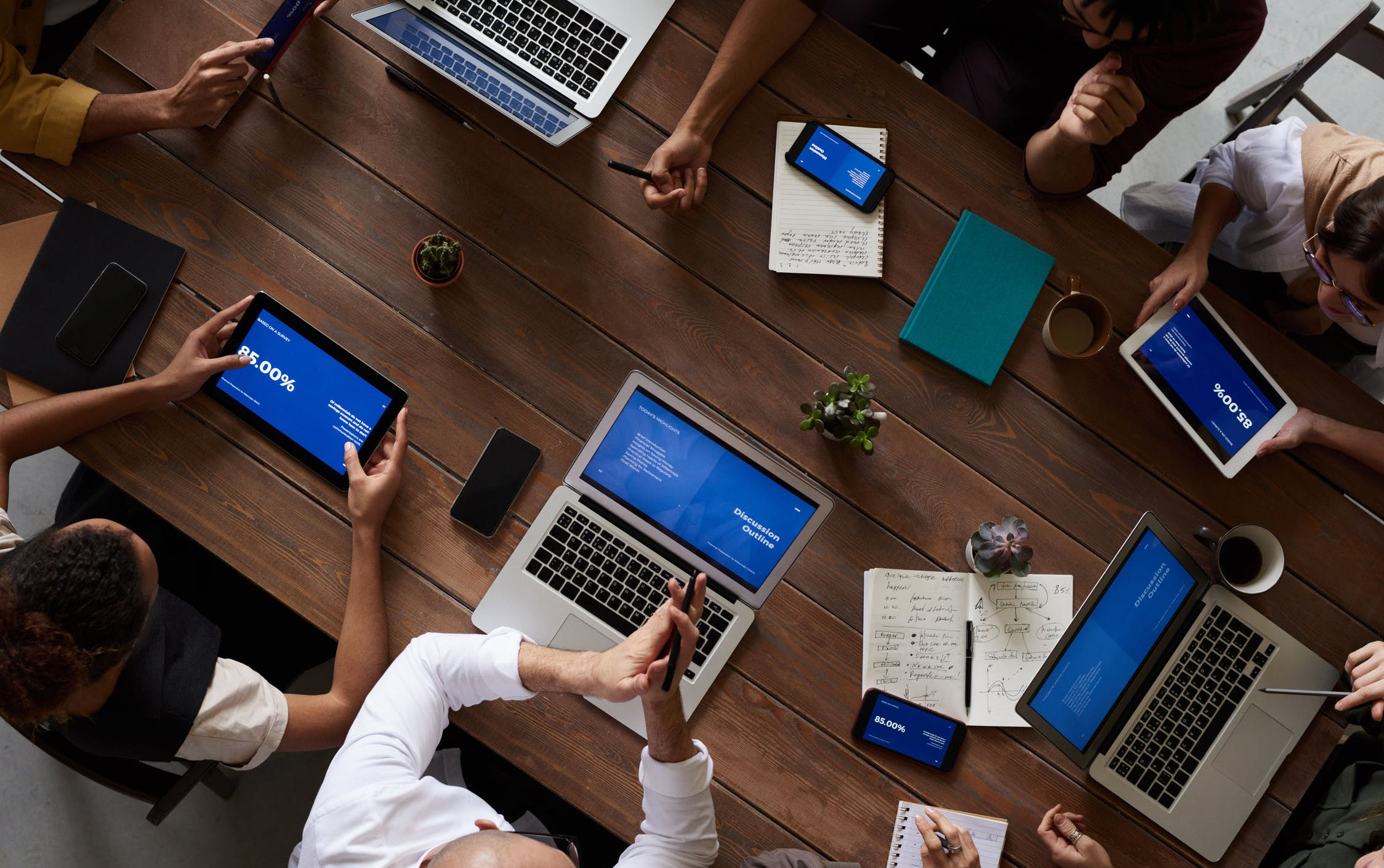Some 20 years ago, I collaborated on a white paper with Bill Gates and other senior leaders at Microsoft on the future of work, to be the centerpiece of the annual gathering he held in those days for Fortune 500 CEOs at his home.
He framed a problem in a way that has stuck with me. It has yet to be solved -- but that's where you and your companies come in, as you take advantage of what we've all learned during the pandemic and map out new ways of working as we scope out a new normal.
The problem concerns focus -- and how to get a lot more of it in our work lives.
Now, Gates is famous for his ability to focus and drive deeply into a problem. When I knew him, if he got curious about a topic he'd take a tall stack of thick books along with him on vacation and sit on the beach under an umbrella while working through them for a week. I once was at Gates' table at a conference when the after-dinner speaker came by. The speaker had just published a technical book on nanotechnology that was a hit in Silicon Valley -- and learned that nanotechnology had been the subject of one of Gates' beach excursions. The two got into a heated debate about how quickly nanotechnology would develop, and it was clear to all of us listening that Gates carried the day as he acknowledged massive potential but said nanotechnology wouldn't develop nearly as fast as the speaker predicted. The arc of nanotechnology in the 30 years since that debate confirmed the ability of Gates to focus on, absorb and process massive amounts of material.
The rest of us aren't so fortunate. But Gates had an idea. He framed it around research that, he said, showed that someone takes 15 minutes to regain focus once interrupted.
He wanted software to protect us from interruptions except those that were truly urgent -- from a key client, a boss, a spouse or child -- and funnel routine interactions into certain stretches of the day, where they can all be dealt with at once.
Some of those capabilities are now possible in Microsoft Teams and other sorts of software, where you can specify how available you want to be. But the world has mostly moved in the other direction. We get notifications on our phones on the very latest in the saga of Antonio Brown running out on the Tampa Bay Buccaneers and on all sorts of other trivia, and we check our email and our texts constantly to see what just arrived. (Someone once aptly described email as a way for others to put things on your to-do list.)
I want what Gates laid out, and I don't see why I can't get it. I don't want to just set my status in Microsoft Teams. I want a software agent to help me structure my day and keep me focused by filtering out what's not essential.
Being on the West Coast in an East Coast world, I always need to deal with some pressing emails when I start my day -- but I don't need to see all 150 that have accumulated overnight. I could train an intelligent agent pretty quickly about which I needed to see and which could wait -- reducing my first pass through email to maybe 15 minutes or half an hour, rather than some stretch of wildly varying length. I'd then give myself a bit of time to catch up on the general news of the day -- in various jobs at the Wall Street Journal, I sometimes had to be up to the moment on events, and old habits die hard; I get twitchy when I'm out of touch. But I could then train an agent to shut off all but the urgent, so I could tackle the main work of the day for two or three hours without interruption before getting to the less important tasks that have piled up. Afterward, the agent could protect me for another uninterrupted stretch.
Cal Newport, who wrote a book called "A World Without Email," tells a fascinating story about the difference between George Lucas and Francis Ford Coppola following their breakout successes -- Lucas with "American Graffiti" and Coppola with the "Godfather" films. Coppola bought a huge home and, eventually, a winery. Lucas bought a modest home and built a tower where he could sequester himself and work uninterrupted several hours a day. It was in that tower that he figured out how to pull together a project he'd been noodling over for years. You've heard of it as the "Star Wars" franchise. (Along the way, for good measure, Lucas' efforts spun off Pixar.)
I suggest that we all need some version of Lucas' tower. I realize that many jobs require far more interaction than my work as a writer and editor in a remote locations does, but I still believe that we can create large pockets of focus for just about everyone that will make individuals and businesses much more productive. And now is the time to address the issue, as long as we have license to rethink so many things about what work should look like post-pandemic.
I think the vision laid out by Gates two decades ago is the right approach -- a software agent that I train in the same sort of way that we all train our spam filters -- even though even Microsoft has only produced an anemic version of its founder's vision.
The way I see it, if you've read this far in the email, I've now put the problem on your to-do list. Good luck. Let me know how things work out.
Cheers,
Paul








